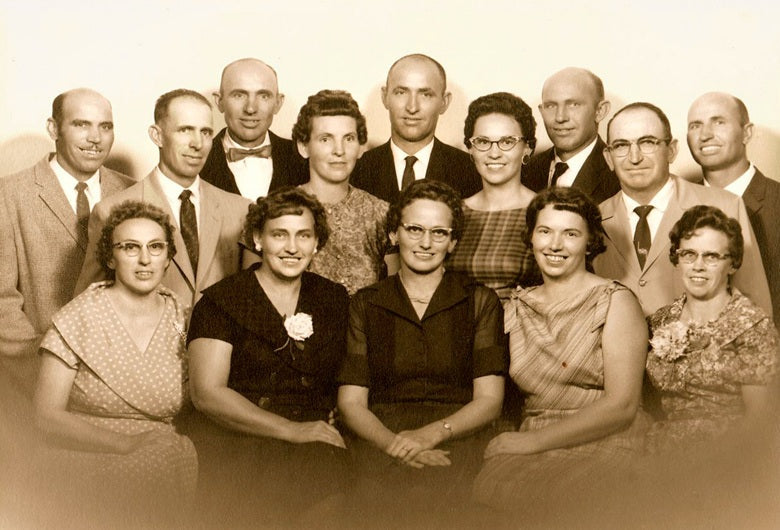Can You Beat the Alzheimer’s Gene?
Posted by SUNNY RODHEY

For years, many people have believed that carrying a gene linked to Alzheimer’s disease meant that memory loss was inevitable. But exciting new research suggests that your genes are not your destiny — and that lifestyle choices may play a powerful role in shaping your brain’s future.
Dr. Ekaterina Rogaeva, senior author of a groundbreaking study from the University of Toronto’s Tanz Centre for Research in Neurodegenerative Diseases, explains: “The latest genetics research is finding that the DNA we die with isn't necessarily what we received as a baby, which could relate to why two of the triplets developed Alzheimer's and one didn't.” This striking observation comes from a rare case study of triplets: two developed Alzheimer’s disease, while the third remained cognitively healthy — despite sharing nearly identical genetic makeup.
What does this mean for the rest of us? It highlights the role of epigenetics — the way lifestyle, environment, and nutrition can influence how genes are expressed. Factors like chronic stress, inflammation, poor diet, and toxin exposure can “switch on” harmful pathways, while brain-healthy habits may protect against genetic risk. Even if someone carries genes like APOE-ε4, research shows that regular exercise, a Mediterranean-style diet, quality sleep, and lifelong learning can dramatically lower Alzheimer’s risk.
This new science reframes how we think about brain health. Instead of seeing Alzheimer’s as predetermined, it suggests that proactive choices can change the trajectory of our cognitive aging. Protecting heart health, managing blood sugar, and reducing inflammation all matter just as much as family history. While genetics load the gun, lifestyle may pull — or keep from pulling — the trigger.
The takeaway? Having an “Alzheimer’s gene” doesn’t guarantee you’ll develop the disease. With the right nutrition, stress management, physical activity, and cognitive engagement, you can tilt the odds in your brain’s favor. The science of epigenetics offers a powerful and hopeful message: you have more control over your brain health than you may think.

